via glooce
Today is the last day of Banned Books Week, which was first observed in 1982 "in response to a sudden surge in the number of challenges to books in schools, bookstores and libraries," notes BannedBooksWeek.org.
In the last 30 years over 11,300 books have been challenged for everything from having what some deem too much sexual content to featuring "offensive language" and often titles that have LGBT themes or plots are targeted, too. This year's most challenged books include classics like Aldous Huxley's "Brave New World" and Harper Lee's "To Kill A Mocking Bird," as well as newer titles like Suzanne Collins's "The Hunger Games" trilogy.
To celebrate the freedom to read this week -- and all year long -- we're taking a look at 16 books that have been challenged for their LGBT content. Have a look below and tell us what your favorite LGBT book is in the comments section.
'And Tango Makes Three'
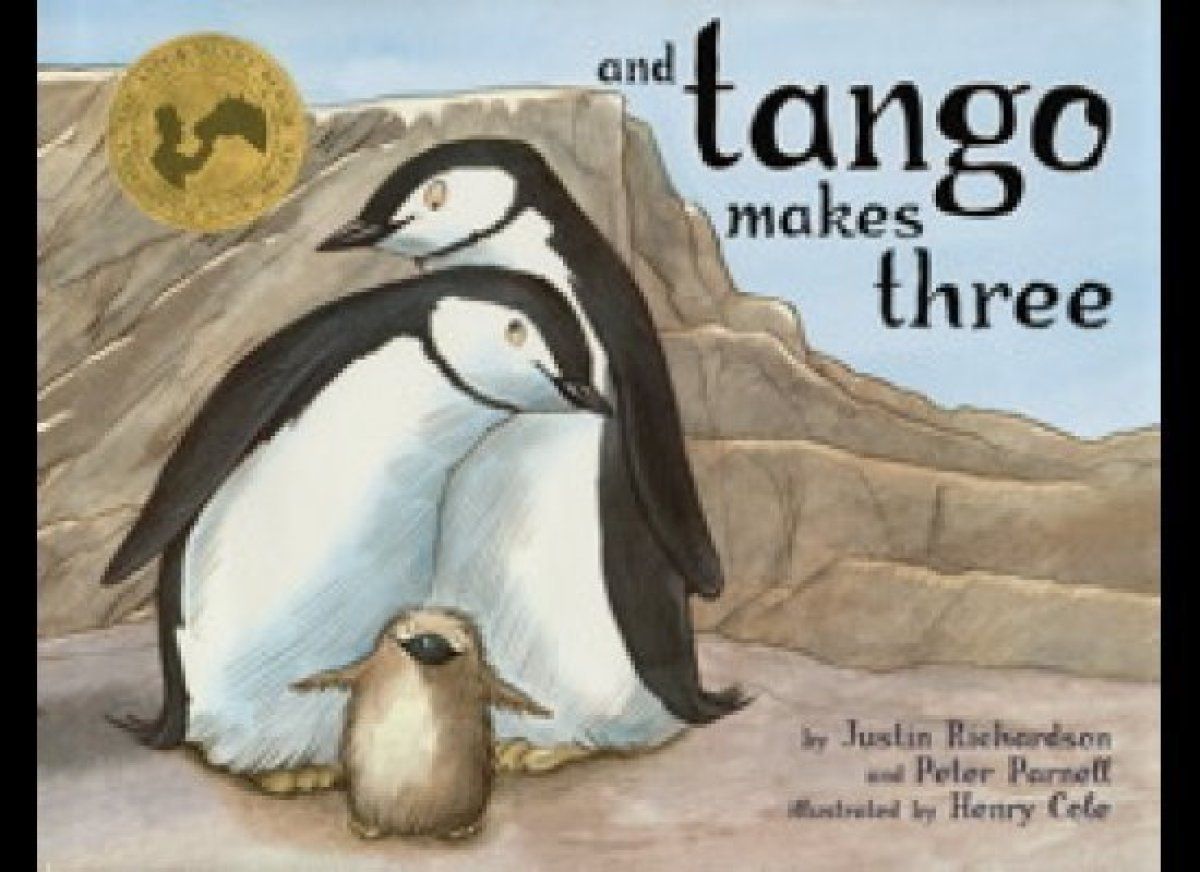
This 2005 children's book, written by Peter Parnell and Justin Richardson and illustrated by Henry Cole, tells the story of two penguins raising a baby penguin in New York's Central Park Zoo. Sounds innocent enough... except for the fact that both penguins were male.
Conservative opponents, such as the Focus on the Family Action group, said the book was inaccurate and promoted a political agenda to little kids. The American Library Association reports that "And Tango Makes Three" was the most challenged book of 2006 to 2010, except for 2009 when it was the second most challenged.
'The Perks of Being a Wallflower'
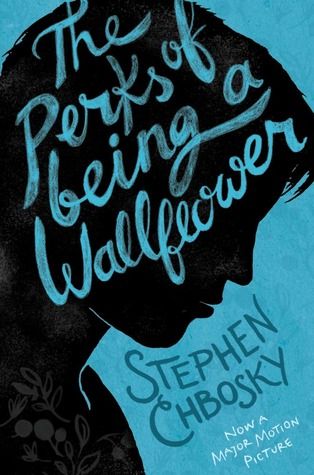
Stephen Chbosky's 1999 coming of age novel details introverted Charlie's first year of high school. Among controversial issues, such as drug use and suicide, the book's coverage of homosexuality landed it third on the American Library Association's list of the top ten most frequently challenged books of 2009.
'Running With Scissors'
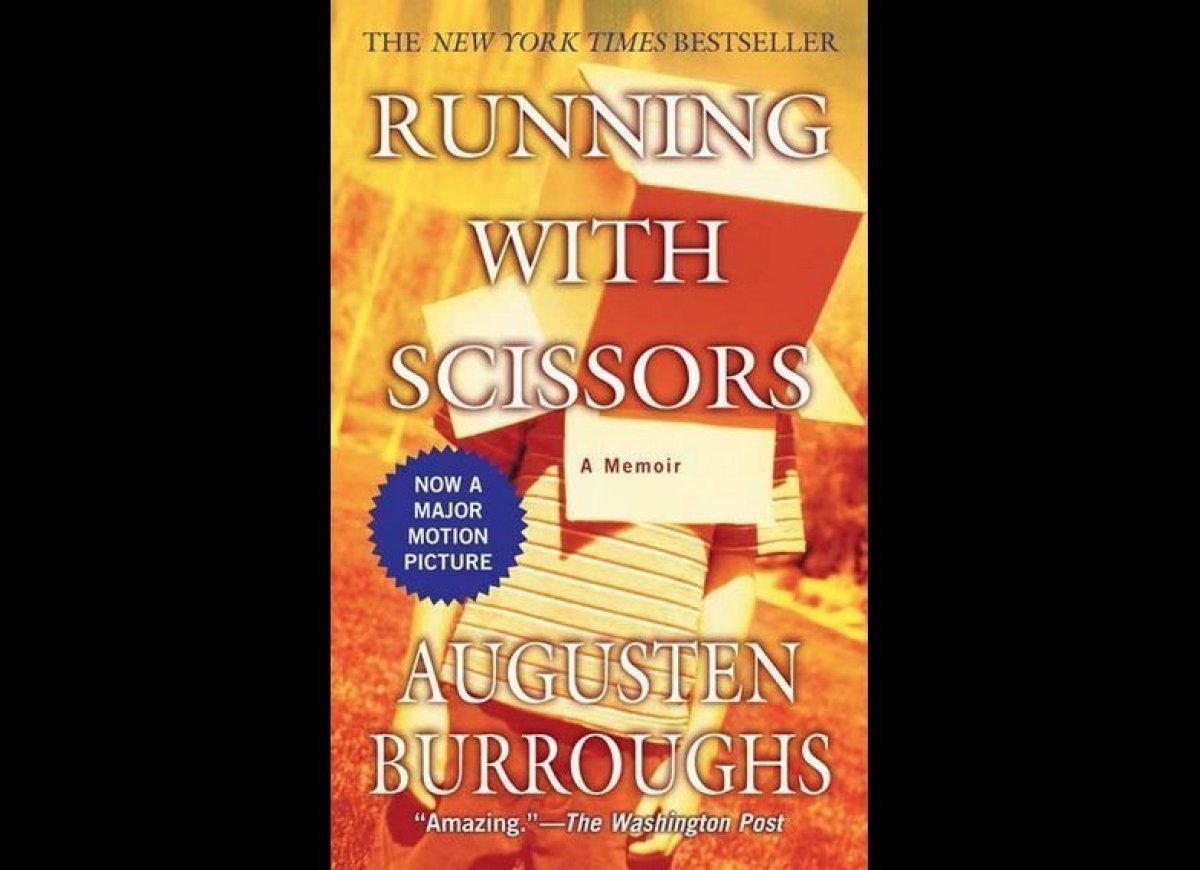
Augusten Burroughs' 2002 memoir traces his adolescence, living in the dysfunctional household of his mother's psychiatrist. A central point to the memoir is the sexual relationship between thirteen year-old Augusten and thirty-three year-old Neil Bookman. This homosexual content, along with profanity, drug use, and "moral shortcomings," led it to be banned in some high schools.
'Daddy's Roommate'
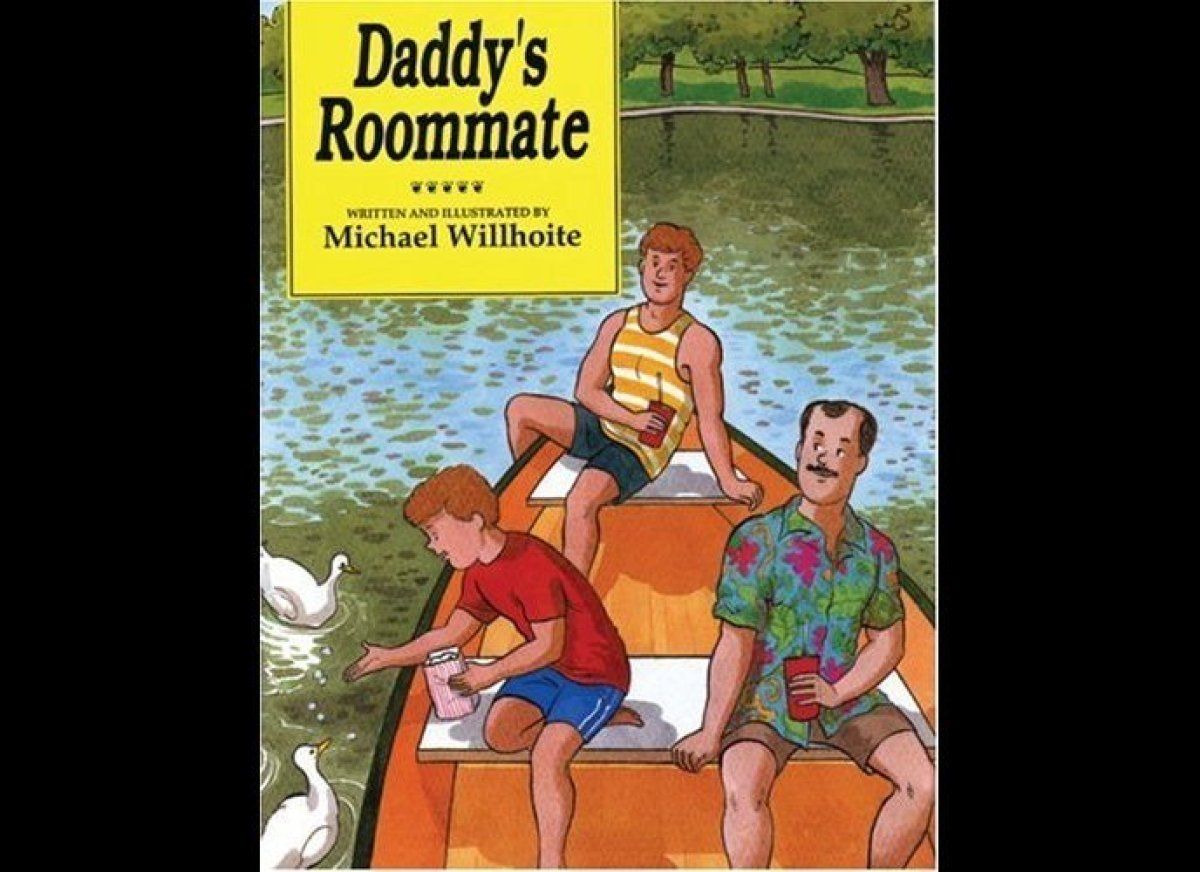
This 1991 children's book, written by Michael Willhoite, is about a young boy whose divorced father now lives with his gay partner. It was one of the first children's books to portray a same-sex relationship in a positive light and shows a normal pairing between the two men and their boy.
Consequently, the book has become one of the most challenged books in recent years, with the American Library Association listing it at number 2 in their list of the 100 most challenged books from 1990-1999.
'Heather Has Two Mommies'
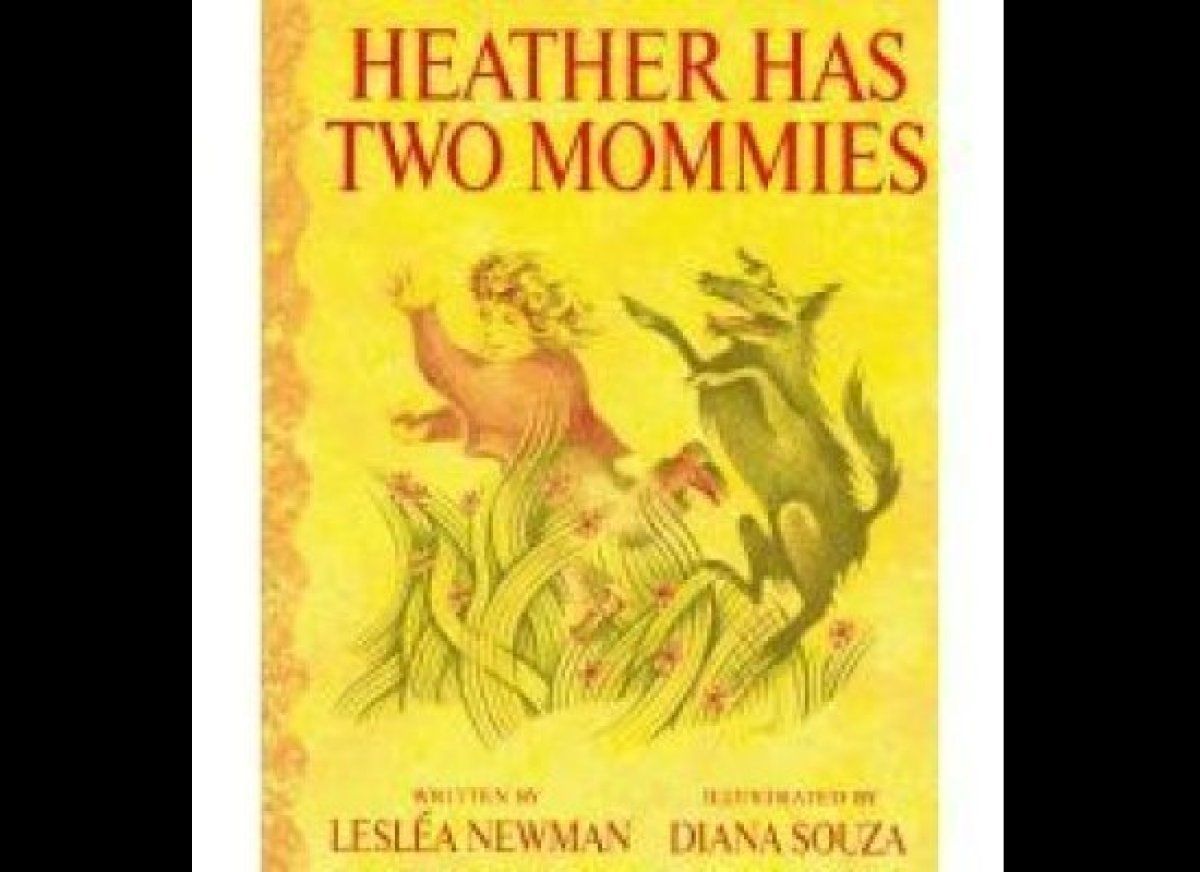
Lesléa Newman's 1989 children's book was one of the first lesbian-themed children's books to be published.
Heather's family, which includes two mothers, is discussed simply and positively.
The American Library Association ranked "Heather Has Two Mommies" as the 11th most frequently challenged book in the United States in the 1990s.
'Maurice'
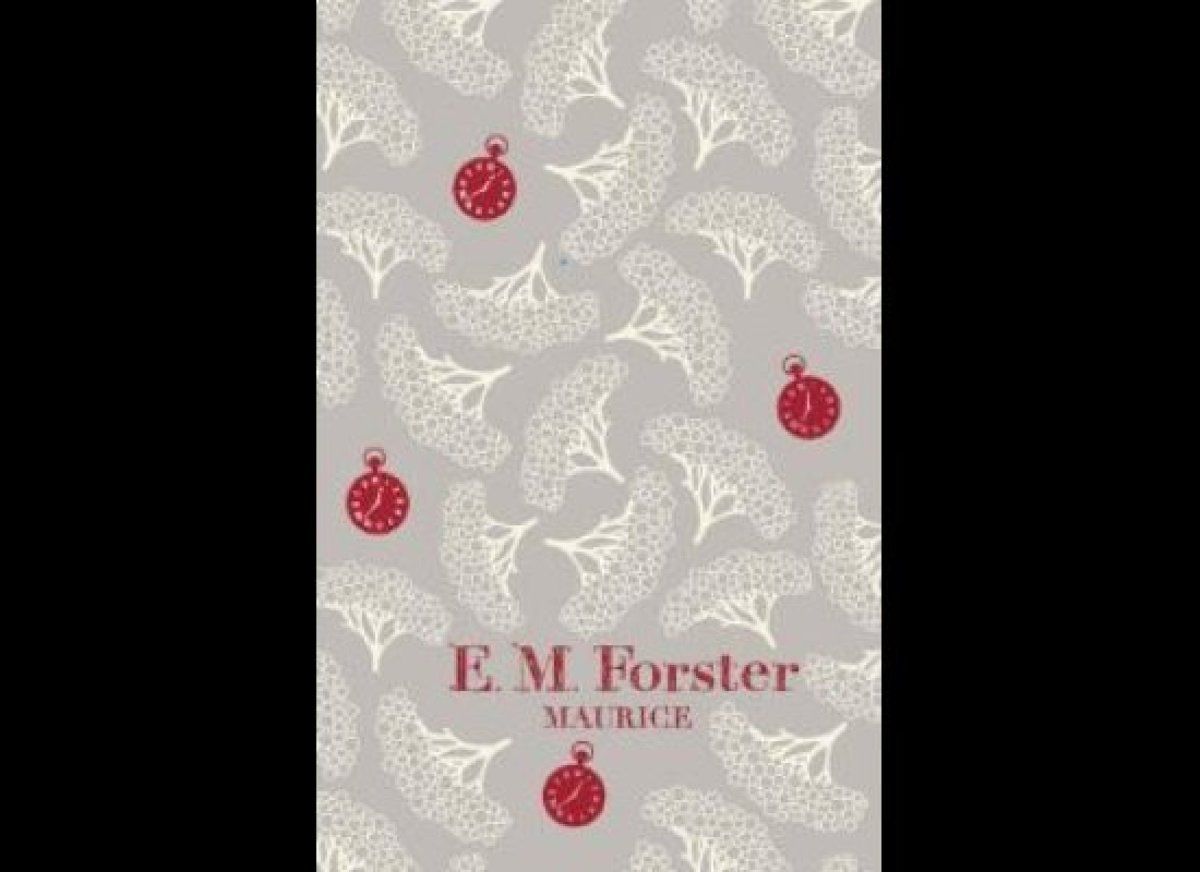
E. M. Forster's tale of homosexual love in early 20th century England, follows Maurice Hall from youth to adulthood and details his struggles, and eventual acceptance, of his gay tendencies and his relationship with another man.
The book was published in 1971 after Forster's death. The author resisted publication because of public and legal attitudes to homosexuality -- a note found on the manuscript read: "Publishable, but worth it?" So, in this case, the author himself was the one challenging the book, only because he knew how the book would be received in early 20th century England.
'Leaves of Grass'
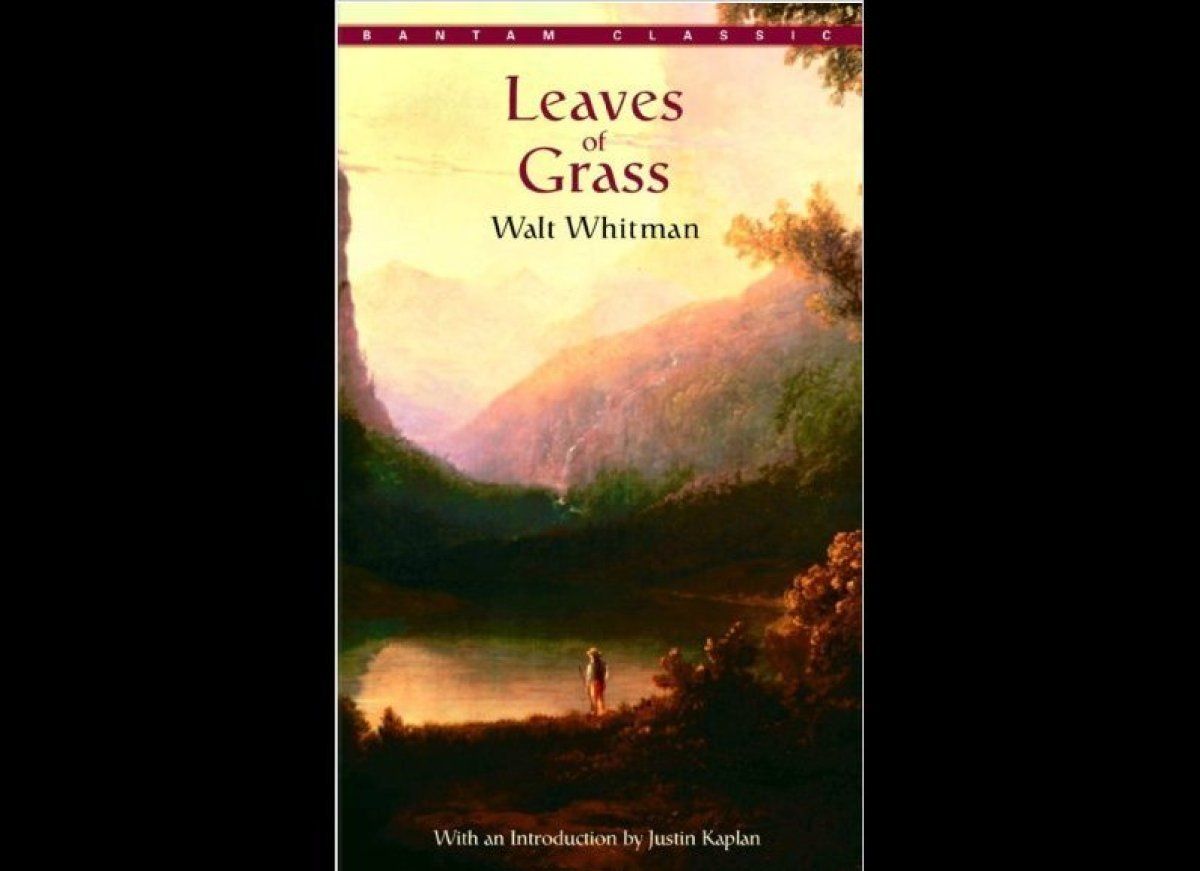
When Walt Whitman published this poetry collection, in 1855, he was fired from his job at the Department of the Interior, it was burned by fellow poets and it was referred to as a "mass of stupid filth."
Subsequent editions of the collection were banned by some distributors for obscenity. Along with criticism of the collection's obscenity came some of the first public accusations of Whitman's involvement in gay acts.
'Annie on my Mind'
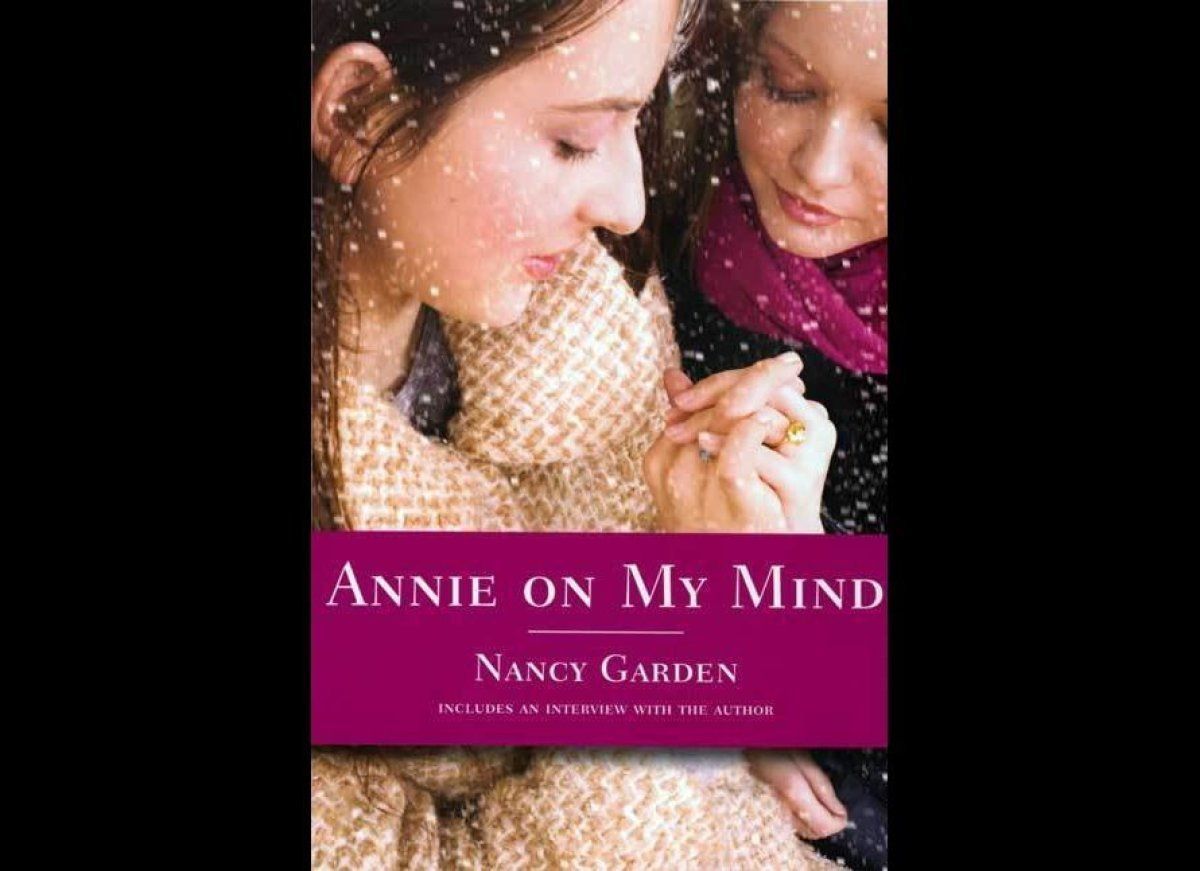
This 1982 novel by Nancy Garden follows the romantic relationship between two 17-year-old New York City girls, Annie and Liza.
Although it was a widely praised piece of young adult fiction, it also brought critics, particularly in Kansas. Because of the gay themes, copies of the book were burned and superintendent Ron Wimmer of the Olathe School District ordered the book removed from the high school library to avoid controversy.
Garden later commented, about the burning: "Burned! I didn't think people burned books any more. Only Nazis burn books..."
'Howl and Other Poems'
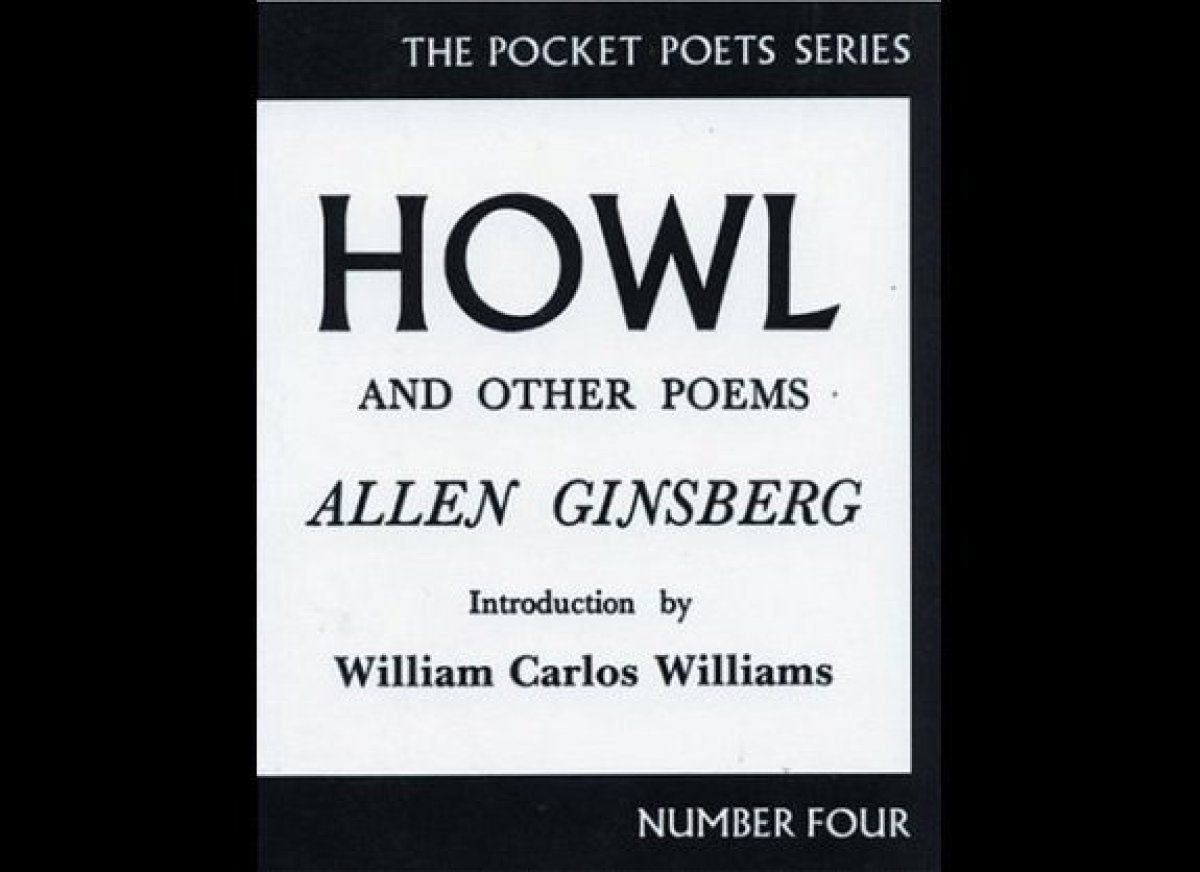
When Allen Ginsberg's "Howl" was published in 1956, the iconic Beat poem was considered "obscene literature," and U.S. Customs officials seized 520 copies of the poem. "Howl" contained references to illicit drugs and sexual practices, both heterosexual and homosexual.
At the obscenity trial, literary experts testified on the poem's behalf. Supported by the ACLU, the California State Superior Court Judge Clayton Horn decided that the poem was of "redeeming social importance," and it went on to become one of the most popular pieces of Beat literature.
"Luv Ya Bunches"
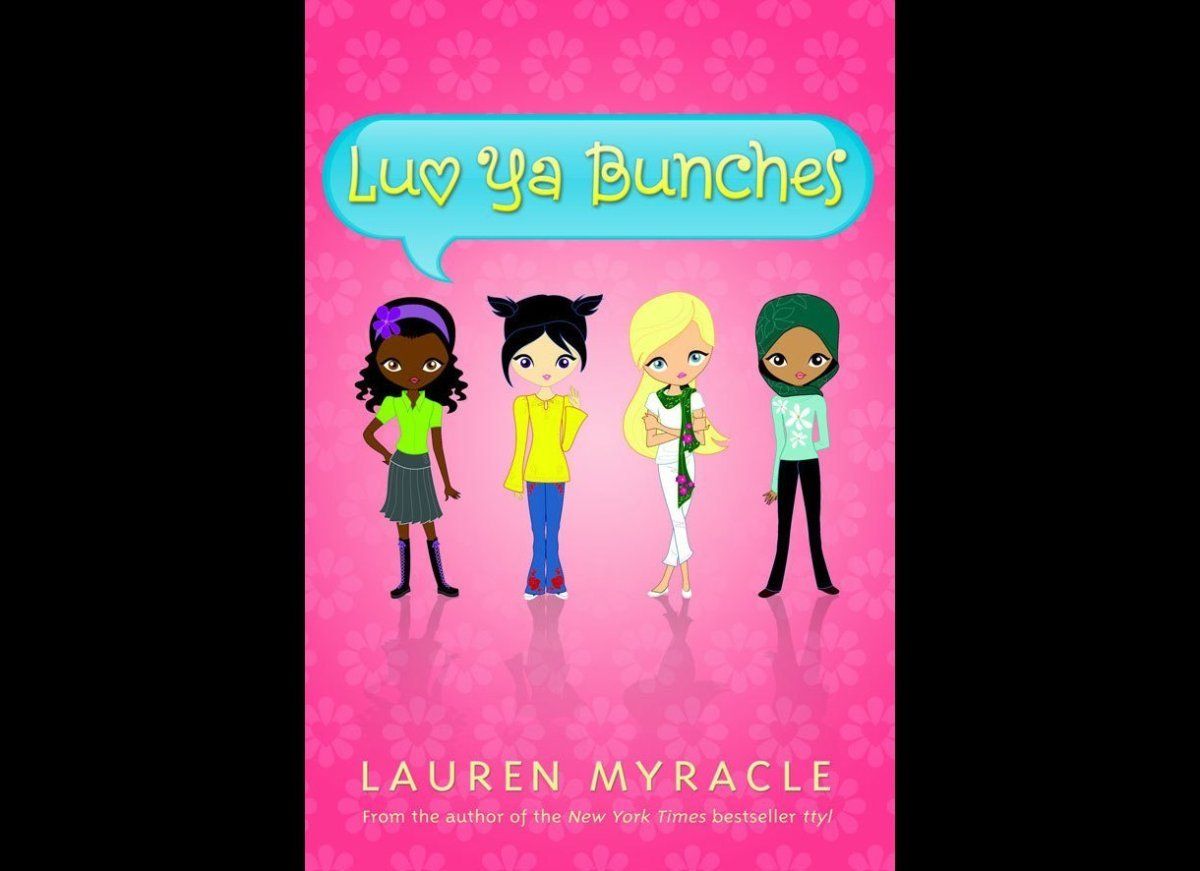
This children's novel about four elementary school girls was pulled from Scholastic Book Fairs in 2009. Scholastic asked author Lauren Myracle to edit out some inappropriate language -- "geez," "crap," "sucks," -- and turn one character's lesbian parents straight.
Although Myracle was fine with changing the language, she saw nothing offensive about a child having gay parents and wouldn't replace them with a heterosexual couple, so Scholastic didn't accept the book for fear of getting hate mail from parents.
Myracle commented, "Over 200,000 kids in America are raised by same-sex parents, just like Milla. It's not an issue to clean up or hide away... In my opinion, it's not an 'issue' at all. The issue, as I see it, is that kids benefit hugely from seeing themselves reflected positively in the books they read. It's an extremely empowering and validating experience."
'Uncle Bobby's Wedding'
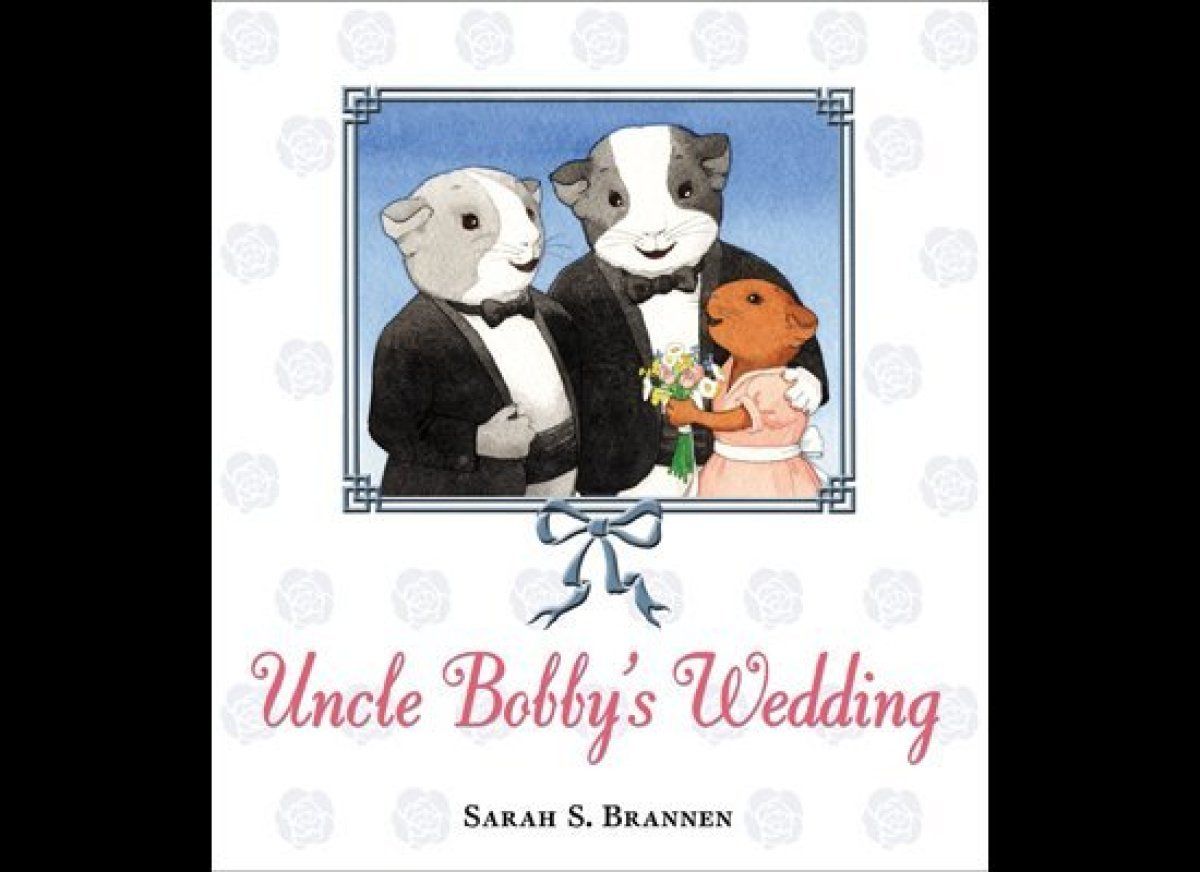
In this children's book, Chloe, a young guinea pig, is afraid that she will lose her uncle's friendship after he marries another man. With its normalization of gay marriage targeted toward young children, "Uncle Bobby's Wedding" was on the American Library Accociation's 2008 most challenged list.
'It's Perfectly Normal: Changing Bodies, Growing Up, Sex, and Sexual Health'
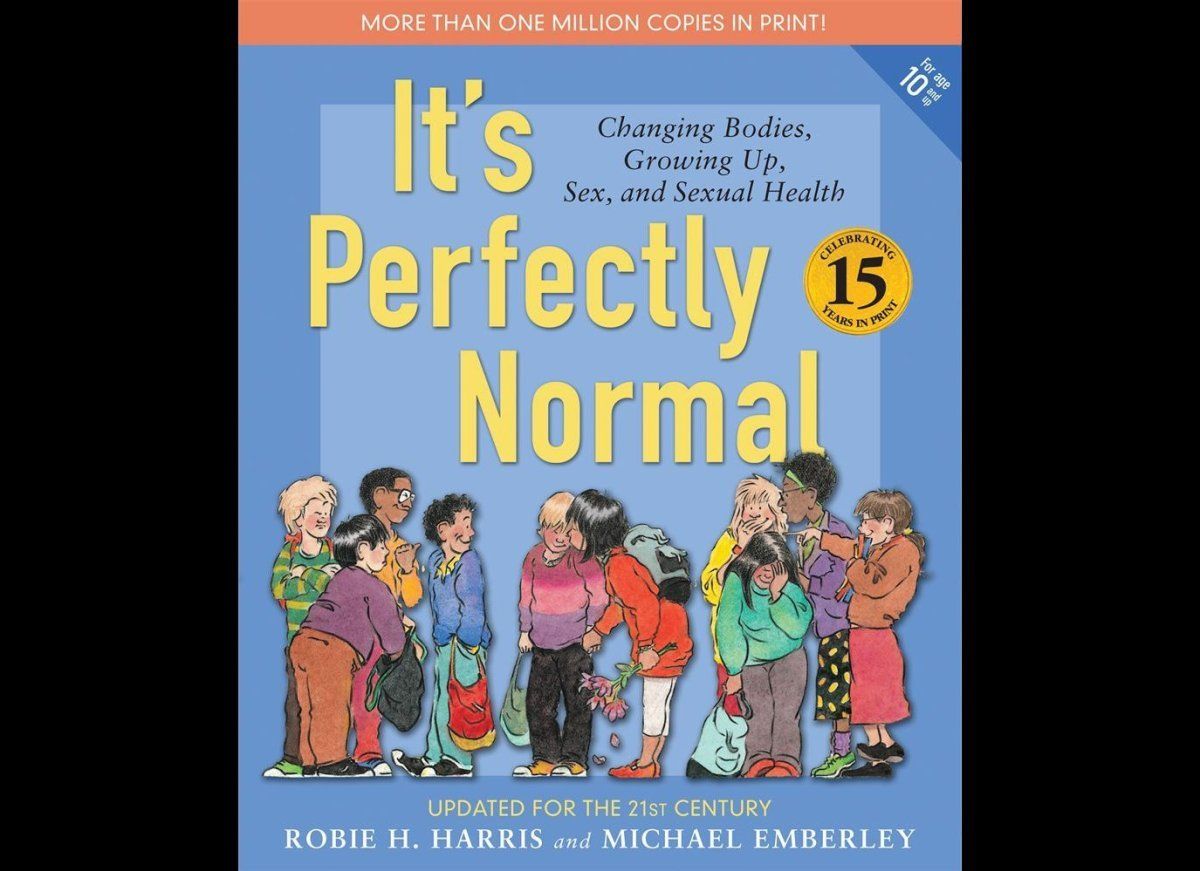
This children's book about going through puberty and growing up covers controversial topics like HIV/AIDS, birth control, abortion, and homosexuality.
Because of its frank treatment of these and other topics, with accompanying illustrations, the book has become the twelfth most challenged book from 2000-2009, according to the American Library Association.
One woman checked out every copy at a local library and refused to return them so that others couldn't see the material, writing "Since I have been sufficiently horrified of the illustrations and the sexually graphic, amoral abnormal contents, I will not be returning the books."
'Revolutionary Voices'
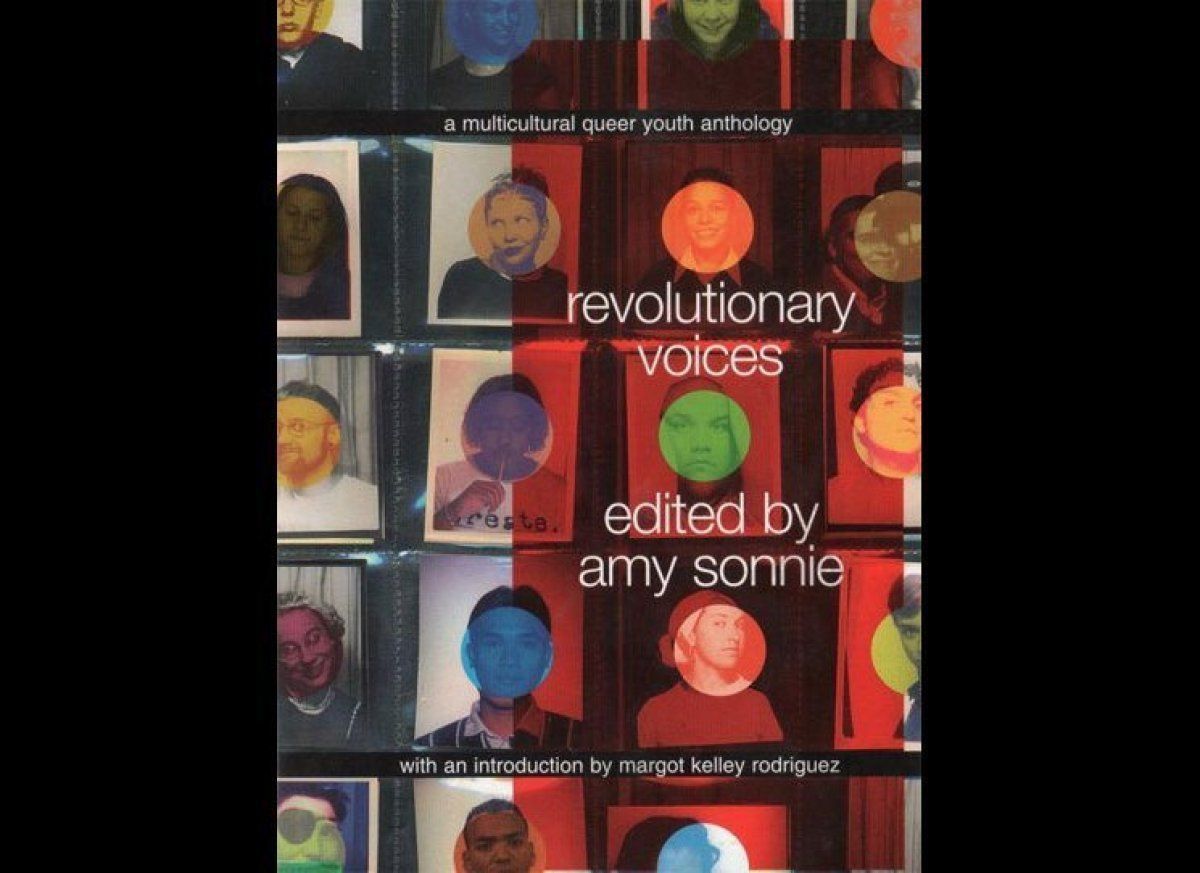
Edited by Amy Sonnie, this anthology was created by and for radical queer youth, committed specifically to youth of color, young women, transgender and bisexual youth, (dis)abled youth and working class youth.
The resource for queer students was widely controversial and was even targeted by members of Glenn Beck's 9/12 movement and on the American Library Association's list of most challenged books in 2010.
'The Color Purple'
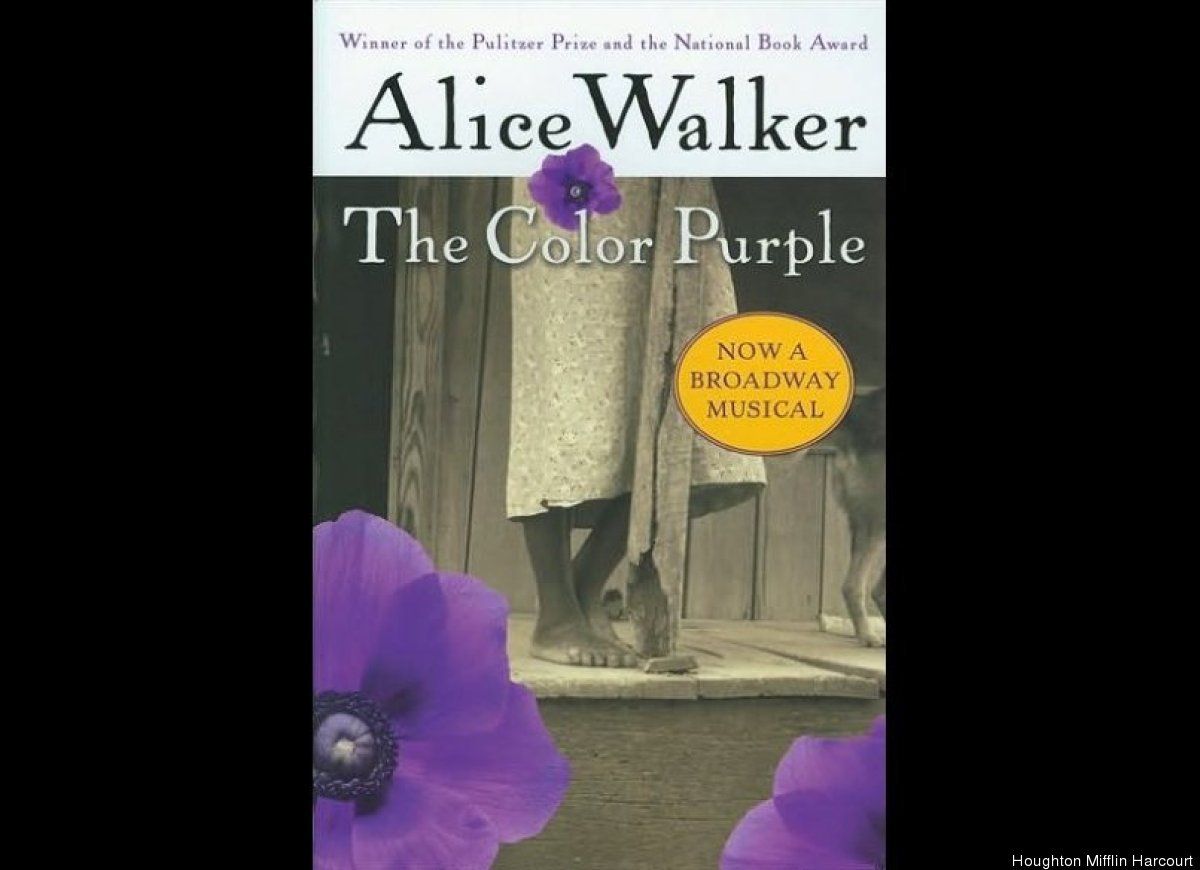
Alice Walker's 1982 novel about the lives of black women in the 1930s American South is one the American Library Association's frequently challenged classics, for reasons including "the homosexuality, rape, and incest portrayed in the book."
'Naked Lunch'
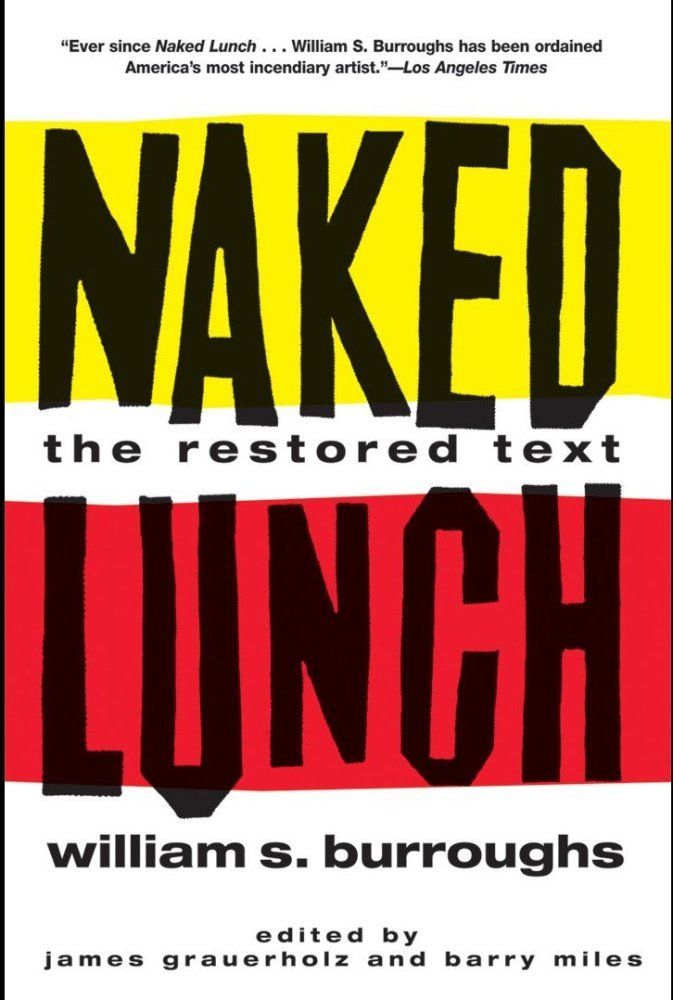
This 1959 novel by beat writer William S. Burroughs, which was included in Time magazine's "100 Best English-language Novels from 1923 to 2005," was banned in Boston in 1962.
Among many claims of obscenity covered in the Boston 1965 trial to defend the ban, was its frank discussion of gay acts.
Luckily, "Naked Lunch" proponents such as Norman Mailer and Allen Ginsberg defended the book's cultural value in court and the ban was overturned in 1966.
'Am I Blue?'
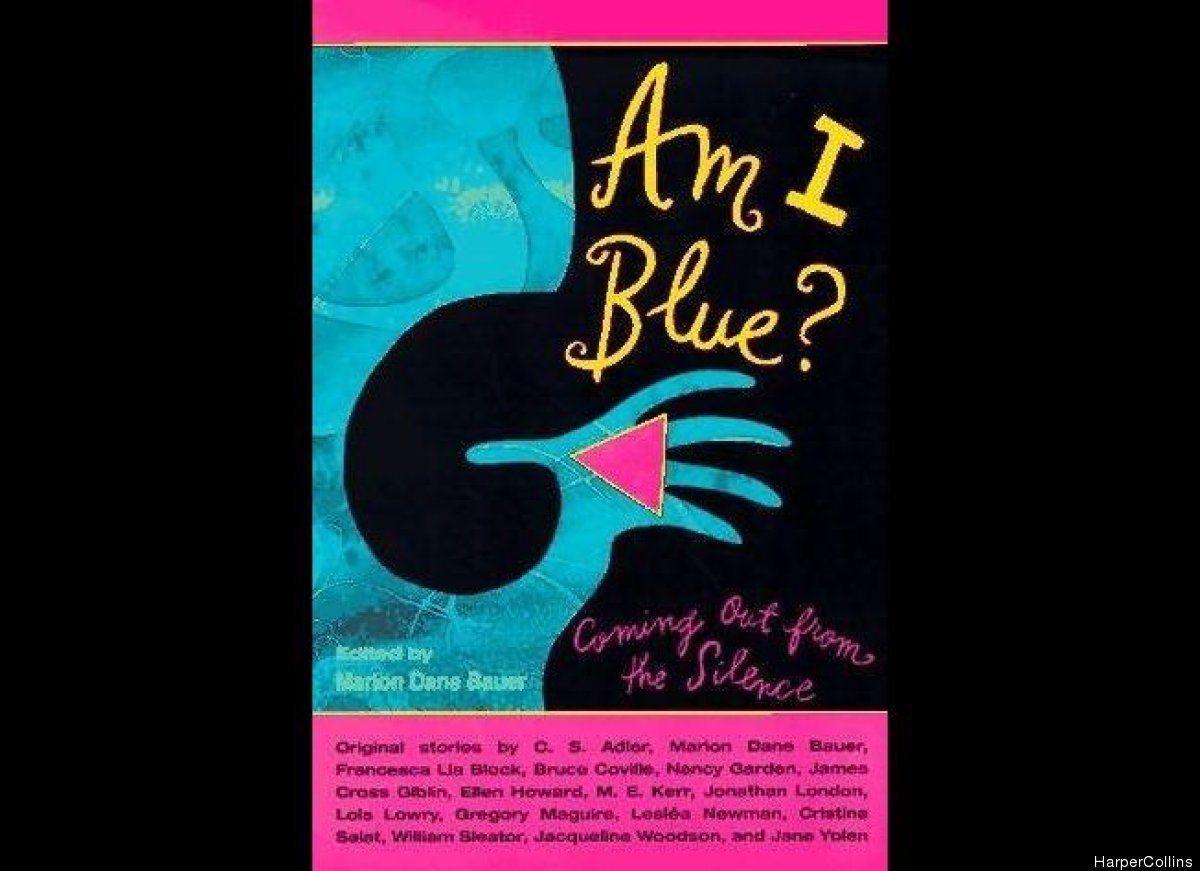
Though 1994's "Am I Blue?" -- a collection of stories about being LGBT from authors like Francesca Lia Block, Bruce Coville, Nancy Garden and James Cross Giblin -- was honored with awards from the ALA and the New York Public Library, it was also challenged for its content.
Source 2

No comments:
Post a Comment